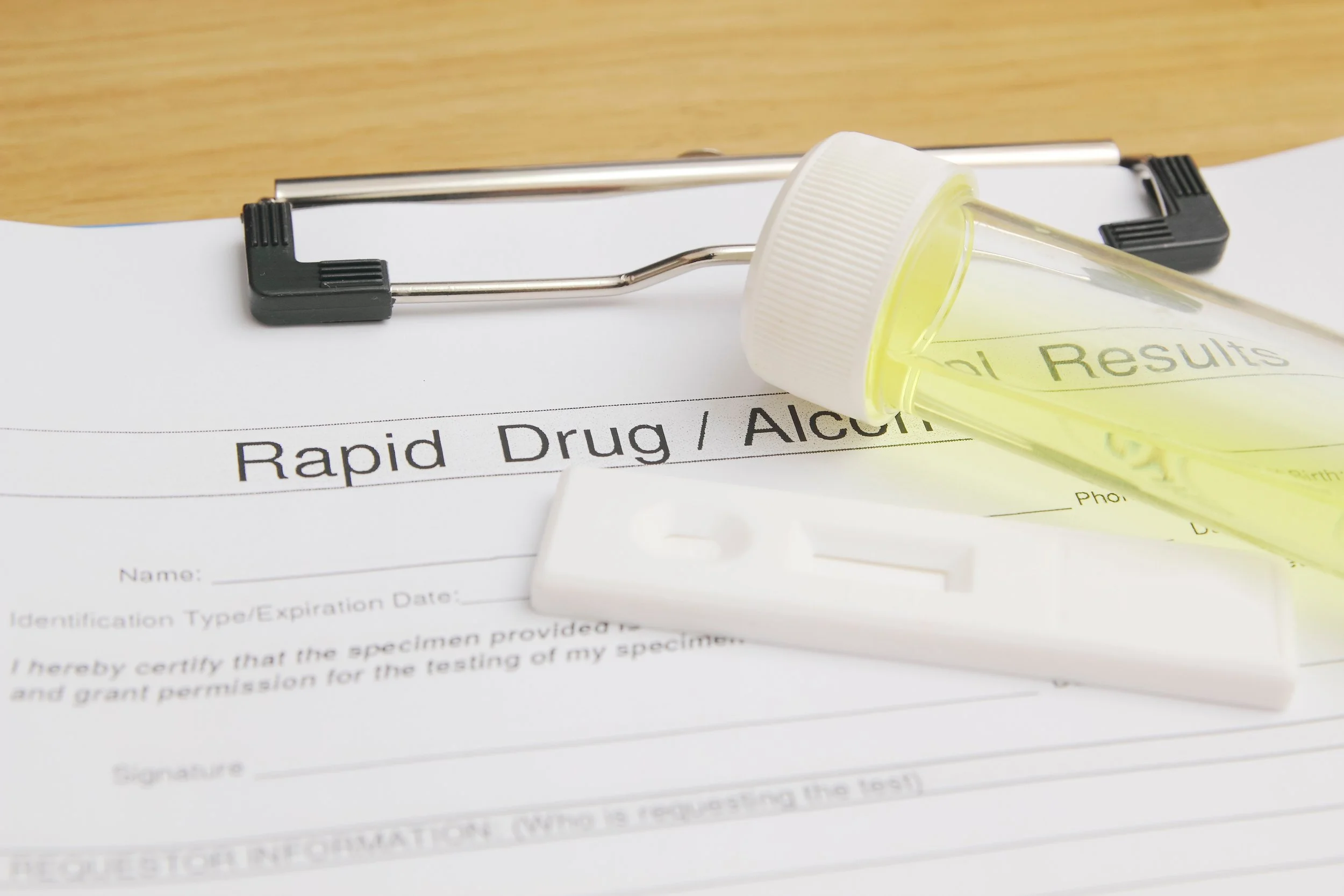Can an Employer Drug Test Without Notice? Understanding Your Legal Rights
Many employees wonder whether their employer has the right to conduct surprise drug testing without advance warning. The answer isn't straightforward and depends on various factors, including your location, industry, and employment agreement. Understanding when an employer can drug test without notice is crucial for protecting your rights while maintaining compliance with workplace policies.
Is Random Drug Testing Legal, and What Are Your Rights?
The legality of surprise drug testing varies significantly by state and industry. While employers generally have broad authority to implement drug testing policies, they must follow specific legal requirements. That’s why you may be asking, “Can an employer drug test without notice?”
Most states allow employers to conduct random drug tests, but they typically require clear policies outlined in employee handbooks or contracts. Federal employees and those in safety-sensitive positions often face stricter testing requirements under Department of Transportation regulations.
When Can an Employer Drug Test Without Notice?
Employers can typically conduct unannounced drug testing in several scenarios. Pre-employment screening, reasonable suspicion testing, and post-accident investigations usually don't require advance notice. However, a truly random drug test at work must be genuinely random and applied fairly across all eligible employees. Companies cannot selectively target specific individuals without documented reasonable suspicion or legitimate business reasons.
Industries Where Random Drug Testing Is Most Common
Can an employer drug test without notice in any industry? Actually, certain industries have higher rates of surprise drug testing due to safety concerns and federal regulations. Transportation companies, healthcare facilities, manufacturing plants, and construction sites frequently implement random testing programs. These sectors often involve heavy machinery, patient care, or hazardous materials, where impairment could result in serious accidents or injuries. Financial institutions and government contractors may also require regular testing.
How Employers Must Implement Fair Testing Policies
Even when employers have the right to test without notice, they must follow proper procedures. Drug testing policies should be clearly documented, consistently applied, and communicated to all employees during orientation. The selection process for random testing must be truly random, often using computer-generated lists or third-party administrators. Employers cannot discriminate based on protected characteristics when implementing testing programs.
What Happens if You Refuse a Drug Test?
Refusing to participate in a workplace drug test typically has serious consequences, even if the test feels unfair or unexpected. Most employers treat a refusal the same as a positive test result, which usually means immediate termination. However, employees may have grounds to challenge testing under certain circumstances, such as violations of company policy, discriminatory selection, or medical accommodation requests. Understanding your specific situation is important before making decisions.
Your Options When Facing Unexpected Drug Testing
If you're confronted with surprise drug testing, you have several options, depending on your circumstances. Complying with legitimate testing requirements protects your employment, while documenting any policy violations or discriminatory practices protects your legal rights. Employees with prescription medications should inform the testing administrator and provide documentation. Those struggling with substance use should consider seeking professional help rather than risking their careers.
Protecting Your Career and Getting Help When Needed
Workplace drug testing policies exist primarily for safety and productivity reasons, but they also highlight the importance of addressing substance use issues before they impact your career. If you're concerned about passing a drug test due to substance use, seeking professional treatment demonstrates responsibility and commitment to recovery. Many treatment programs understand employment concerns and can provide guidance on maintaining your career while getting the help you need.
The outpatient rehab programs at New Day Recovery Services allow you to continue your work while receiving care. Whether you’re a high-functioning alcoholic or you’re dealing with drug addiction, we’re here to help. Contact us today to learn how to take the first step toward recovery.
FAQs About Can Employer Drug Test Without Notice
-
While random and reasonable suspicion tests typically require no advance notice, some states have specific requirements for certain types of testing. Pre-employment tests are usually disclosed during the hiring process, and some union contracts may require advance notice for routine testing. The key is whether your employer has a documented policy that you were made aware of when hired.
-
While most private employers have broad drug testing authority, some restrictions exist. Union contracts may limit testing procedures, and certain states have specific requirements for advance notice or reasonable suspicion. Government employees often have additional constitutional protections, and some medical marijuana states provide limited workplace protections for registered patients.
-
First, review your employee handbook and any contracts you've signed to understand the stated policy. Document any instances where the policy appears to be applied inconsistently or discriminatorily. Consider consulting with an employment attorney if you believe your rights have been violated, especially if the testing seems to target protected characteristics or violates state law.
-
Yes, most employers can terminate employees who refuse to participate in drug testing, even if the test seems unexpected or unfair. Employers typically treat a refusal the same as a positive test result. However, you may have legal protections if the testing violates company policy, discriminates against protected characteristics, or fails to accommodate legitimate medical needs.
-
The best preparation is maintaining a drug-free lifestyle that complies with your employer's policies. Keep documentation of any prescription medications you take, understand your company's specific testing procedures, and know your rights under state and federal law. If you're struggling with substance use, seek professional help before it impacts your employment and career prospects.


